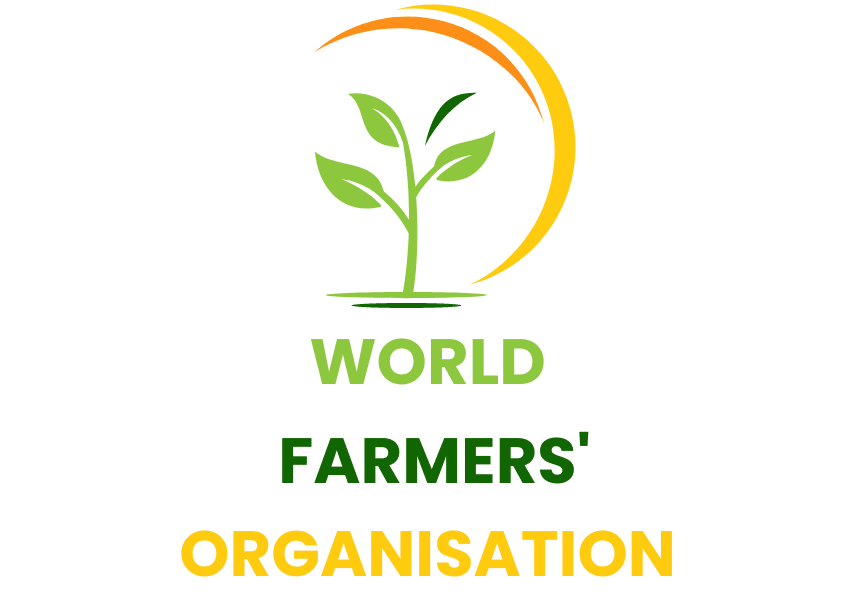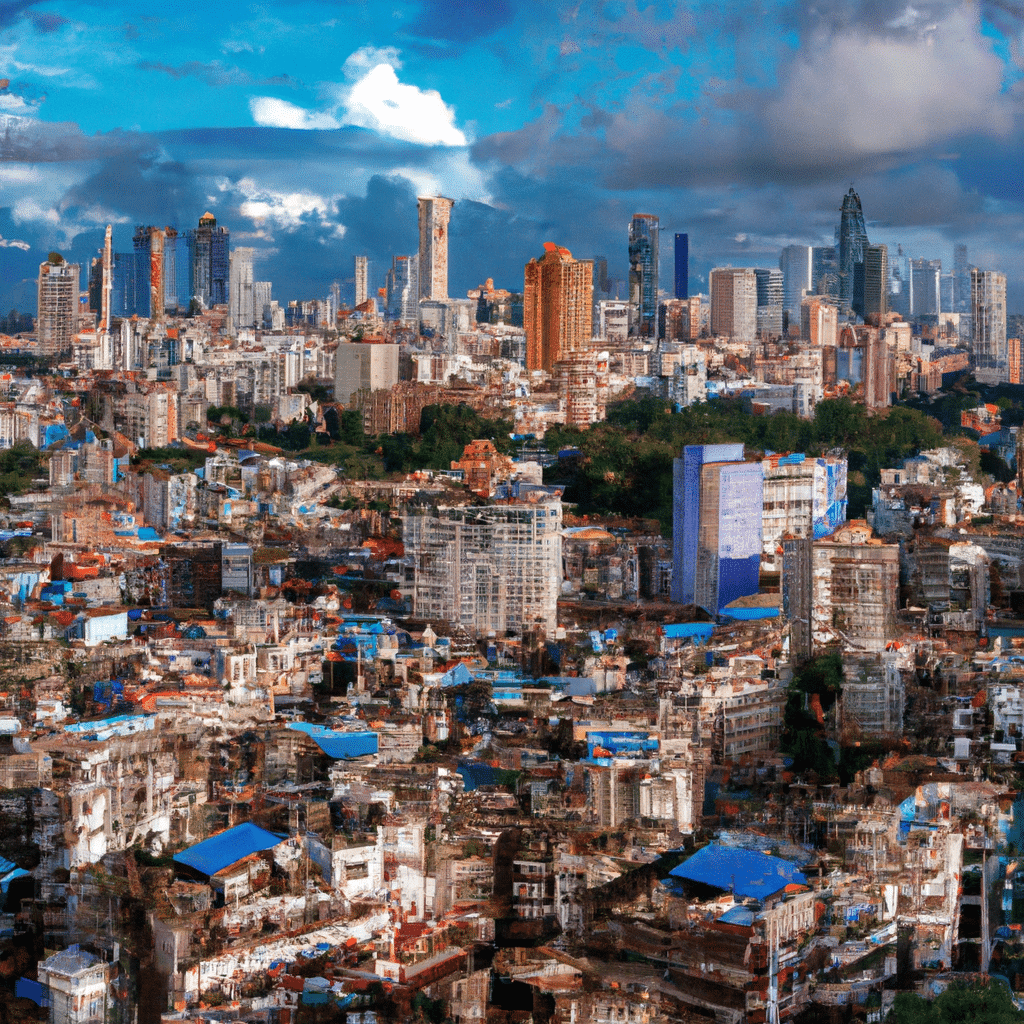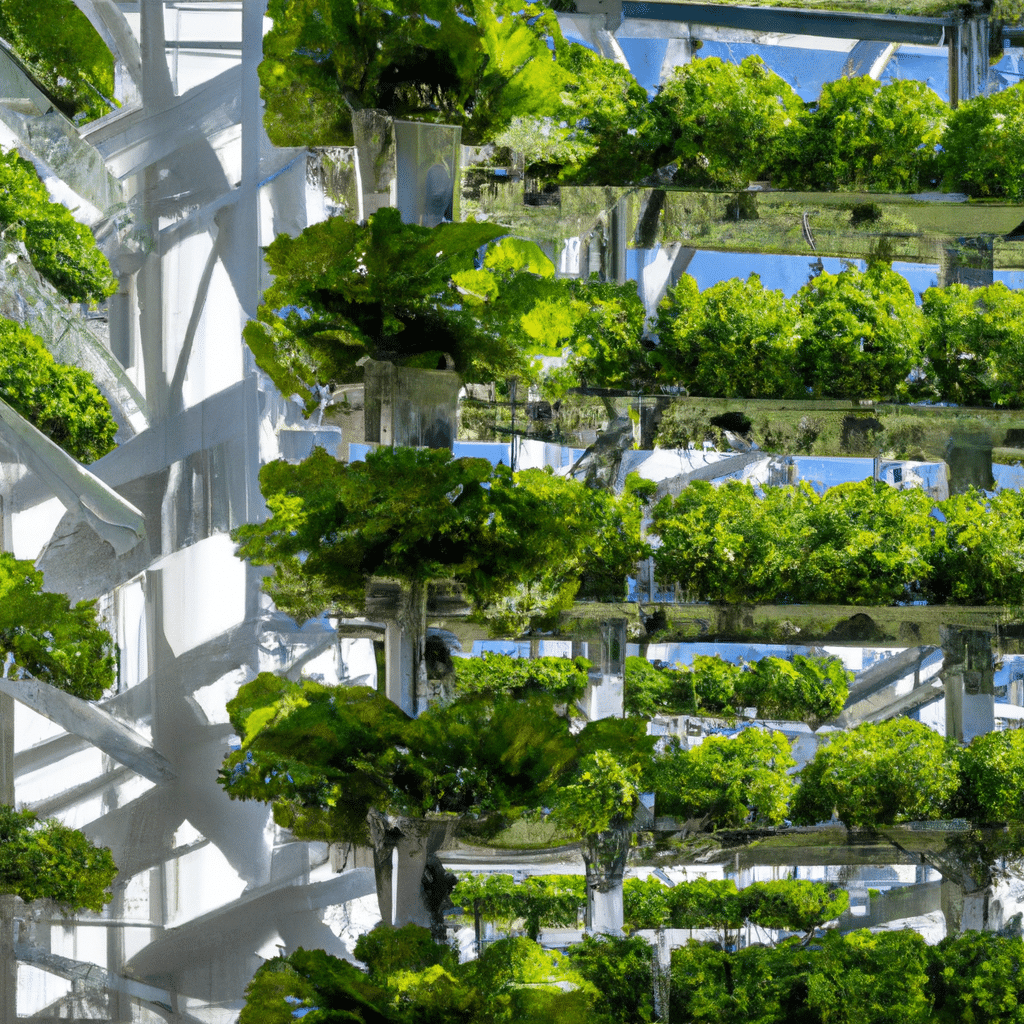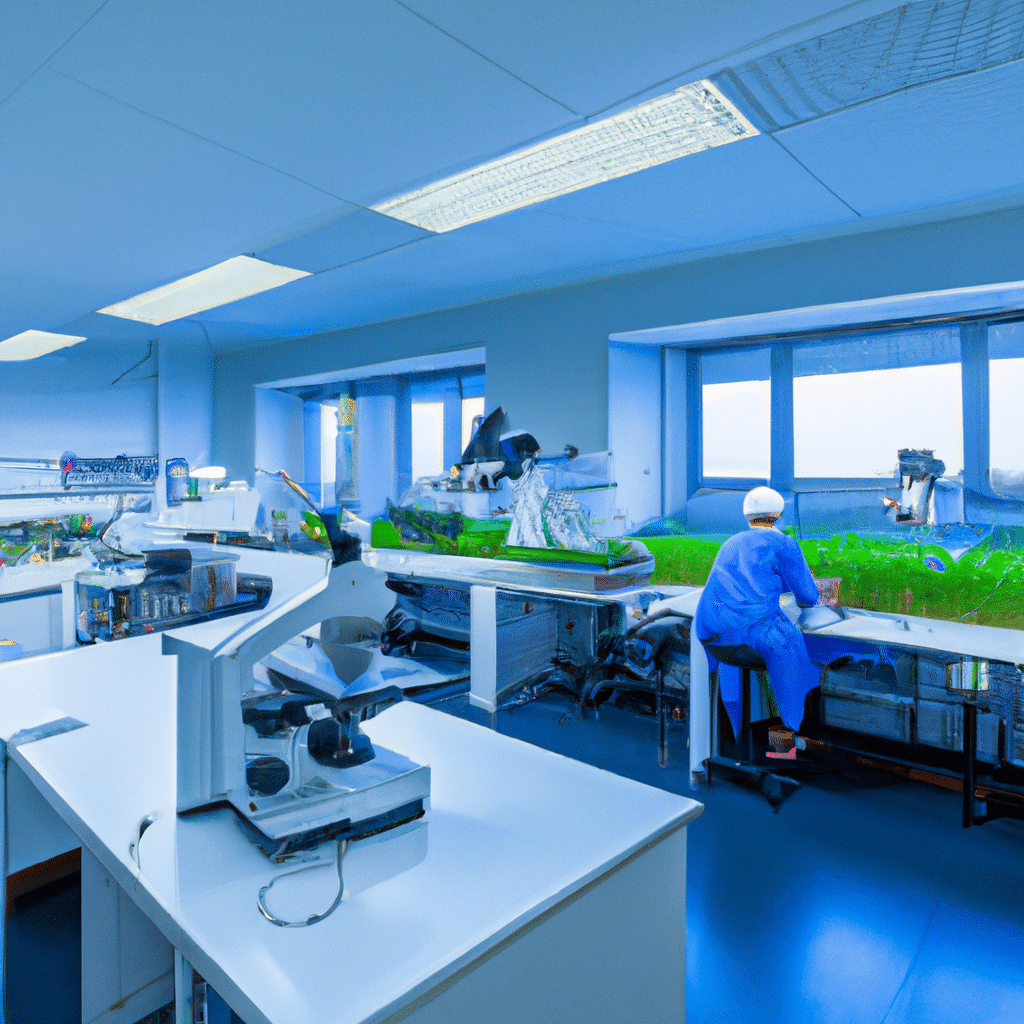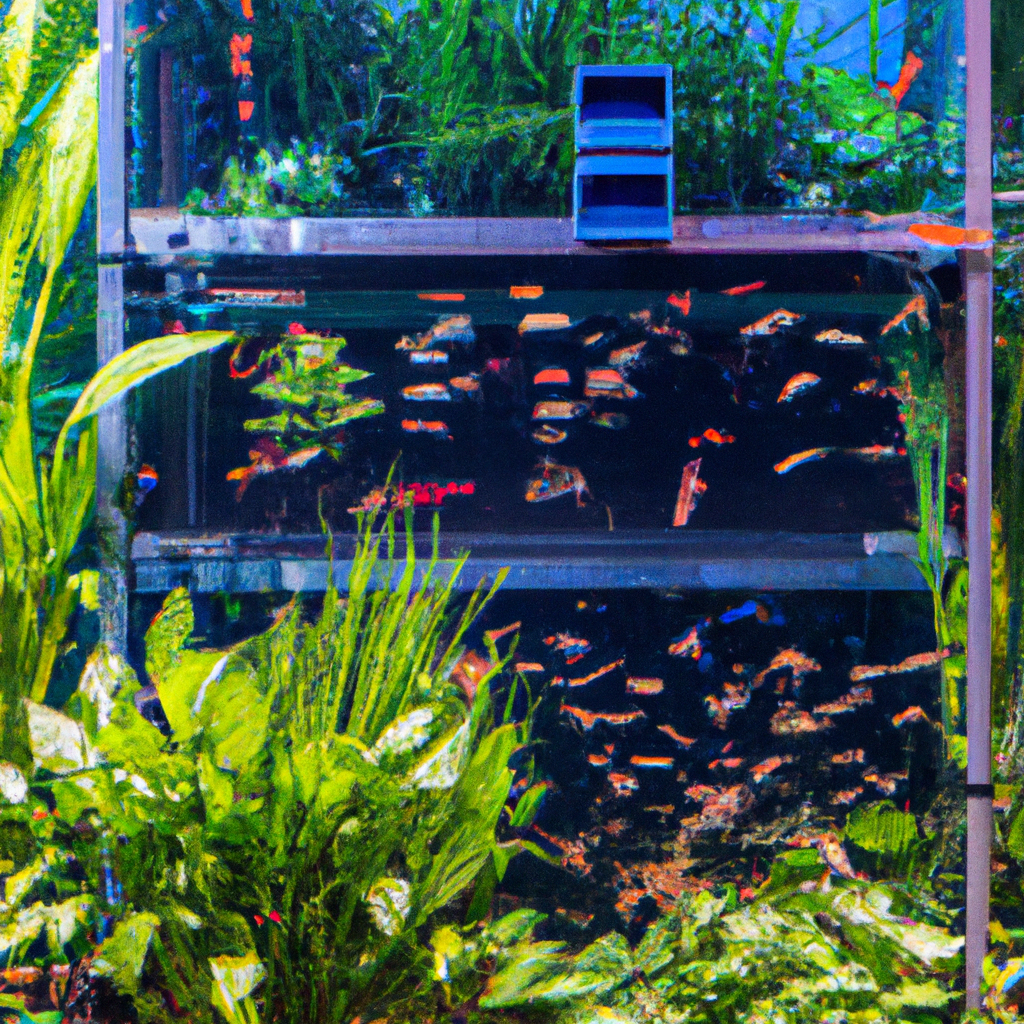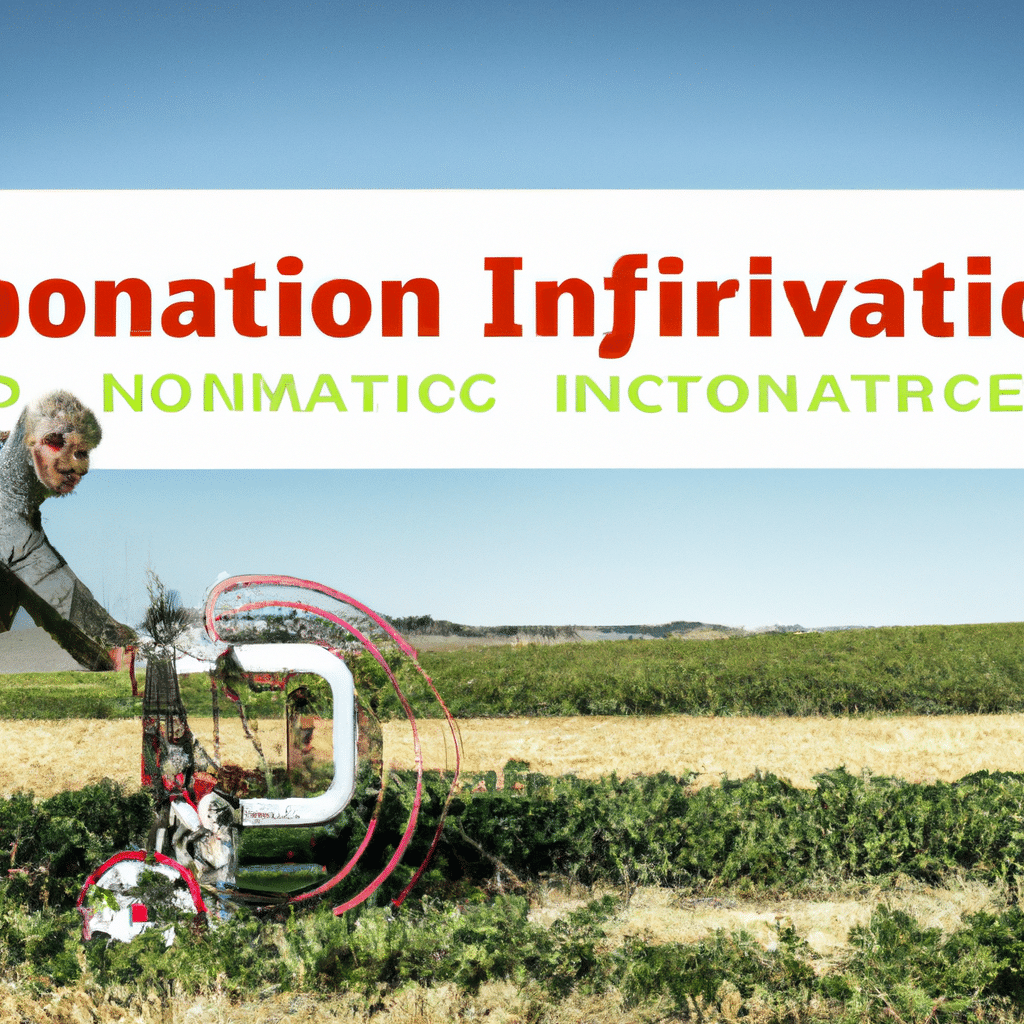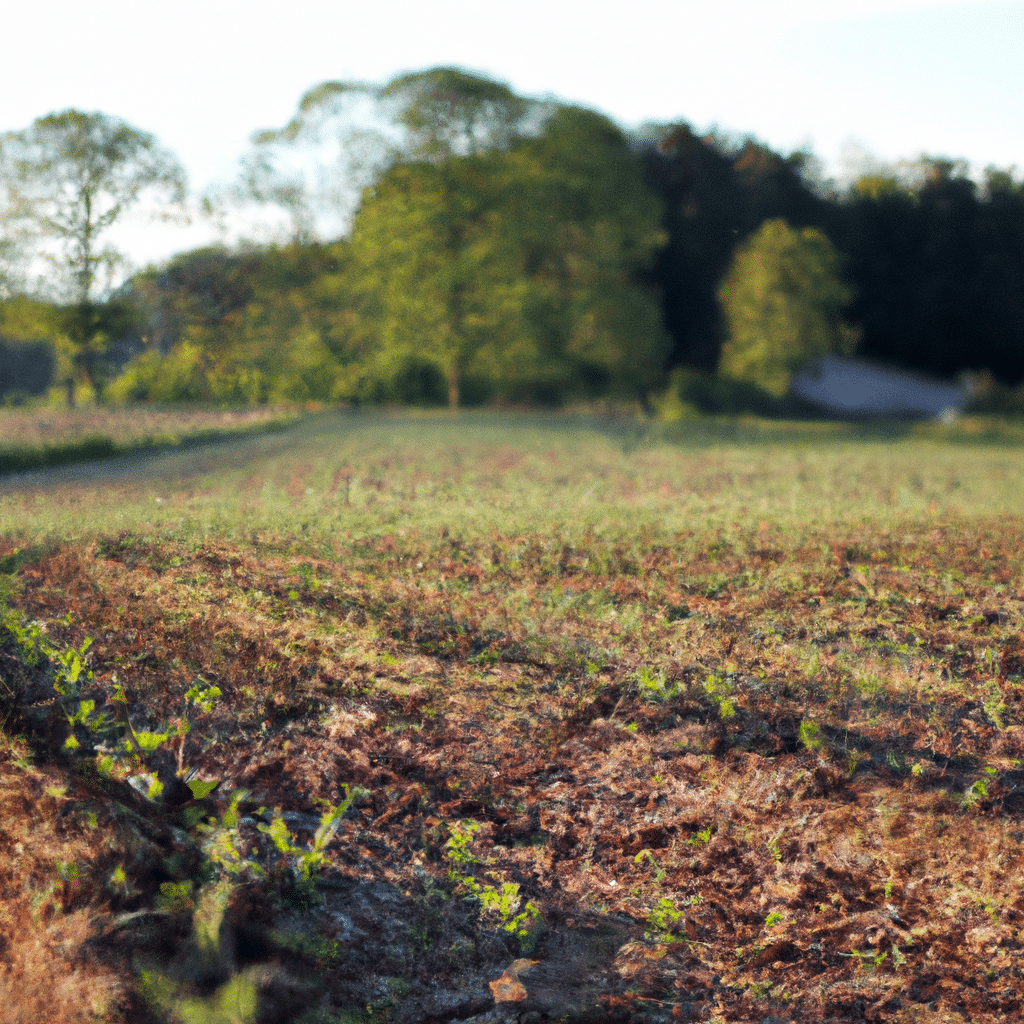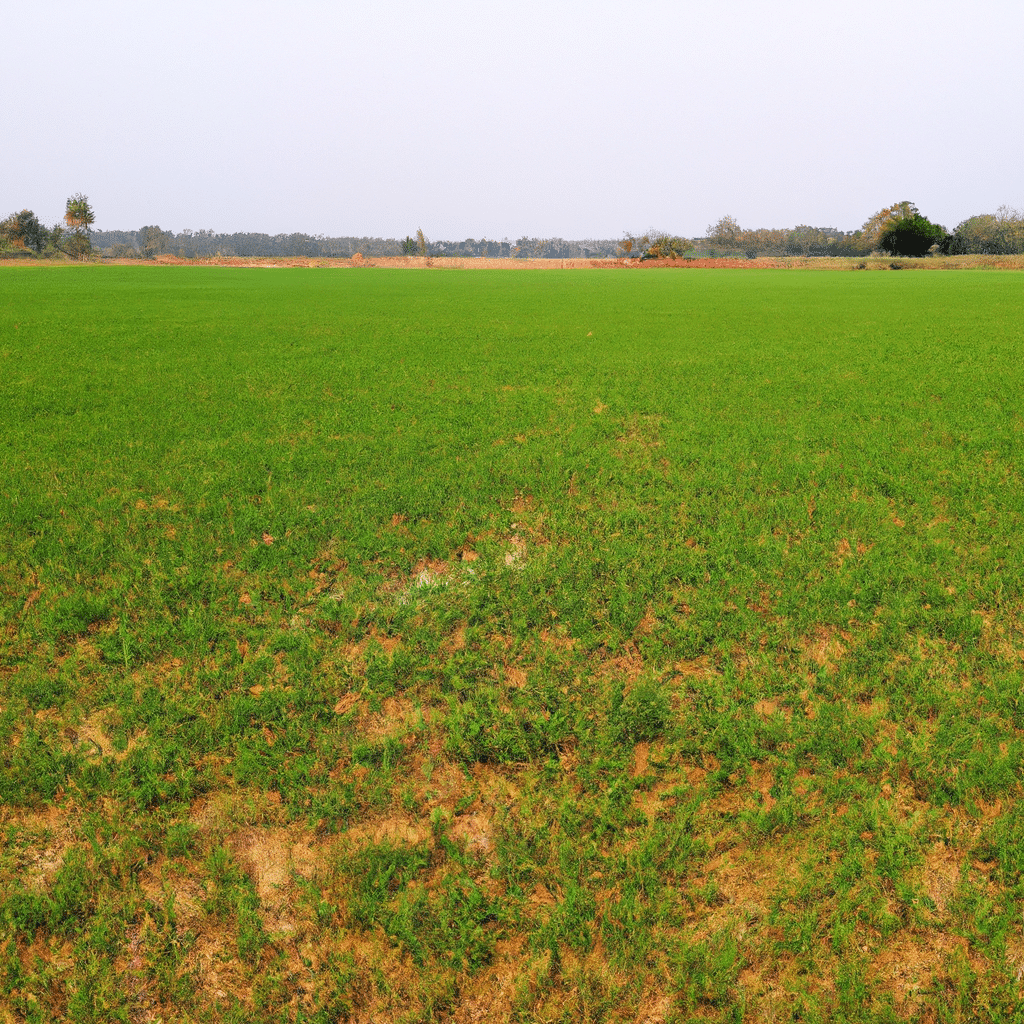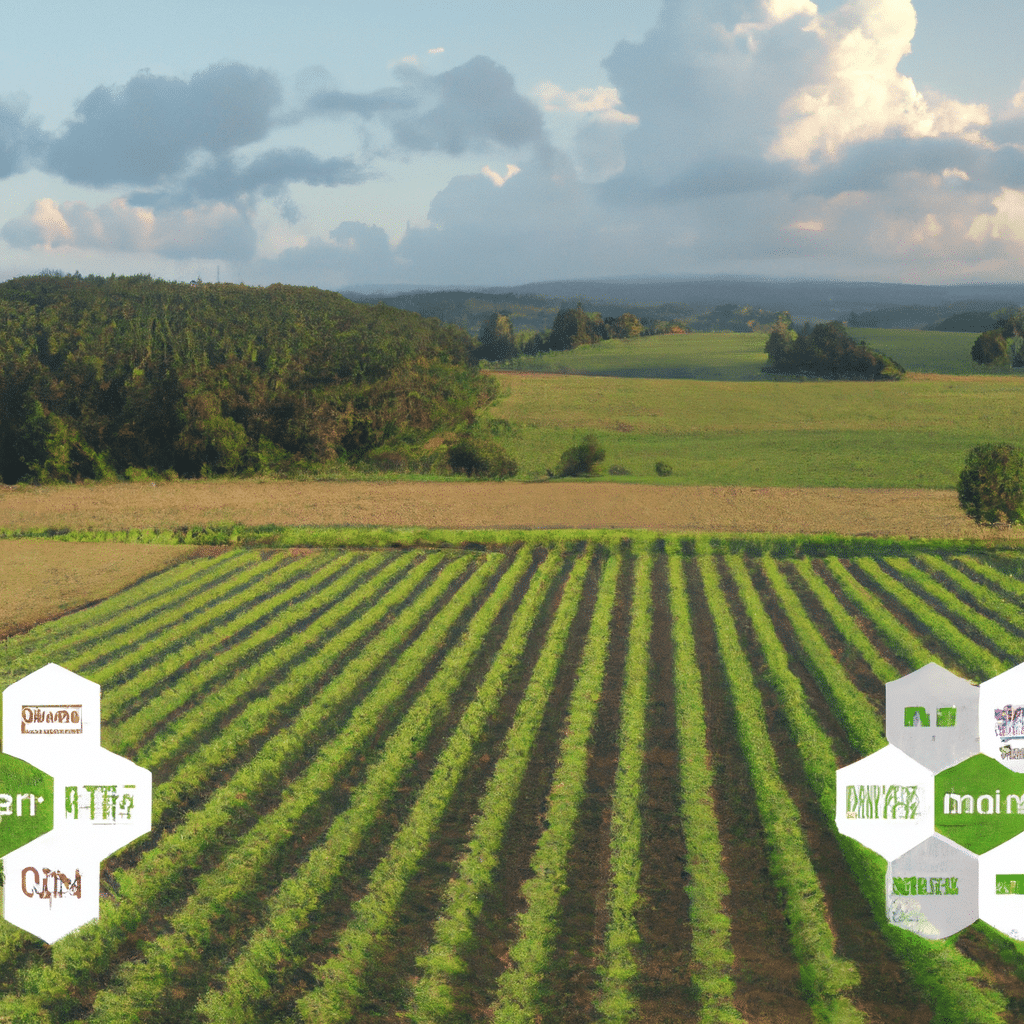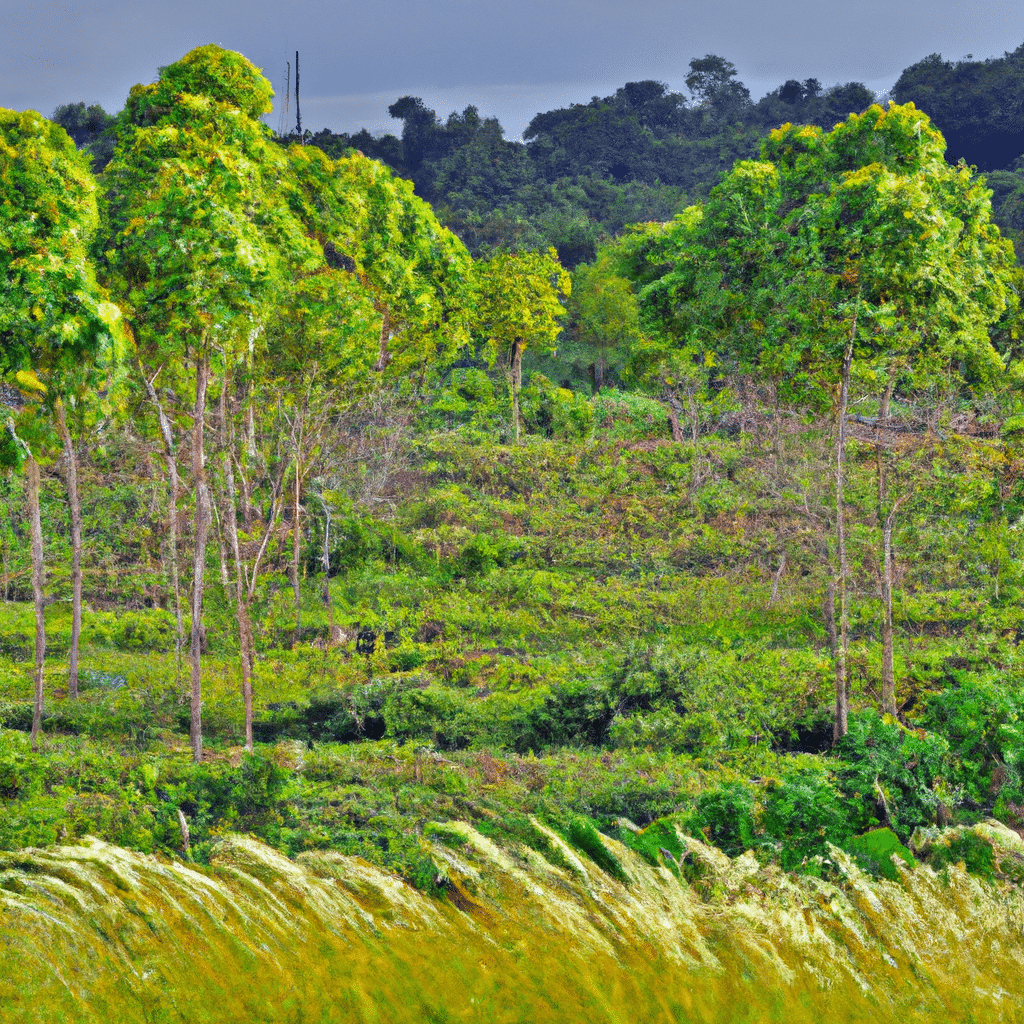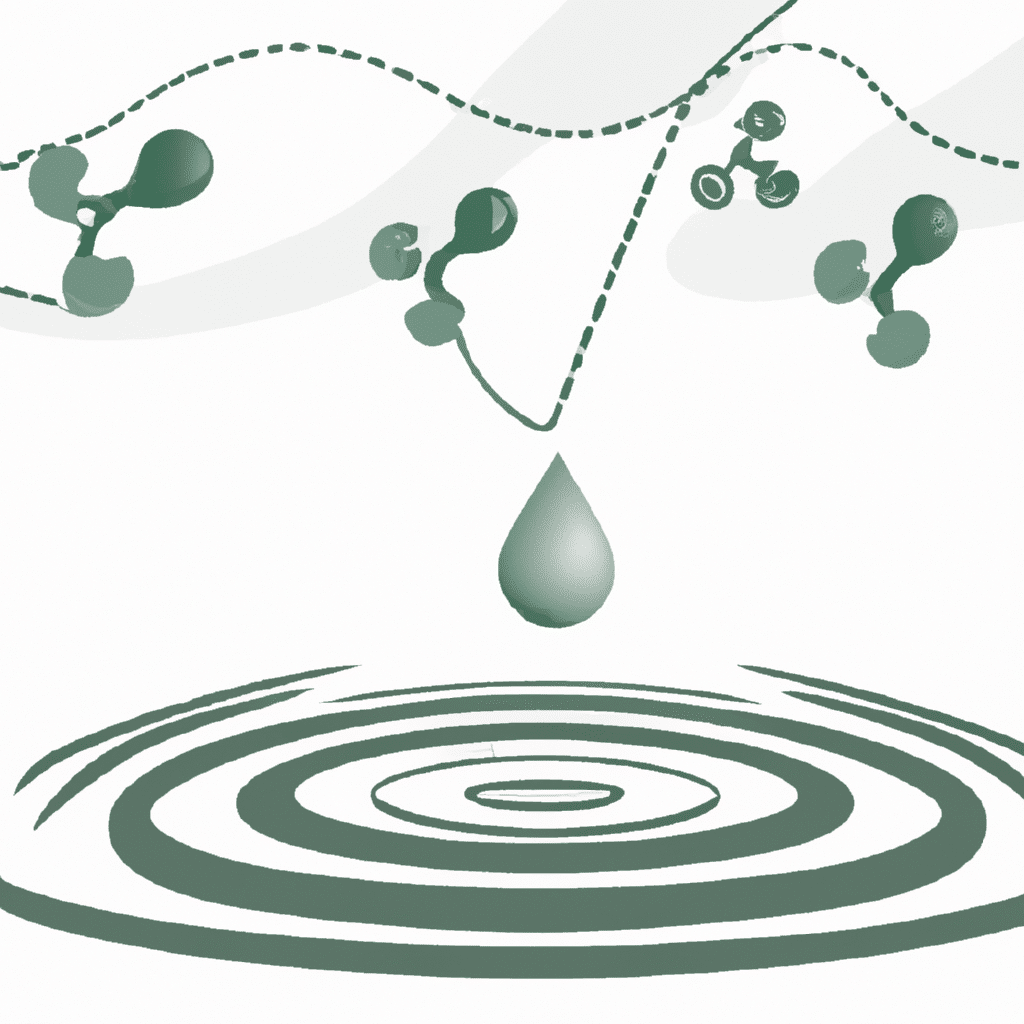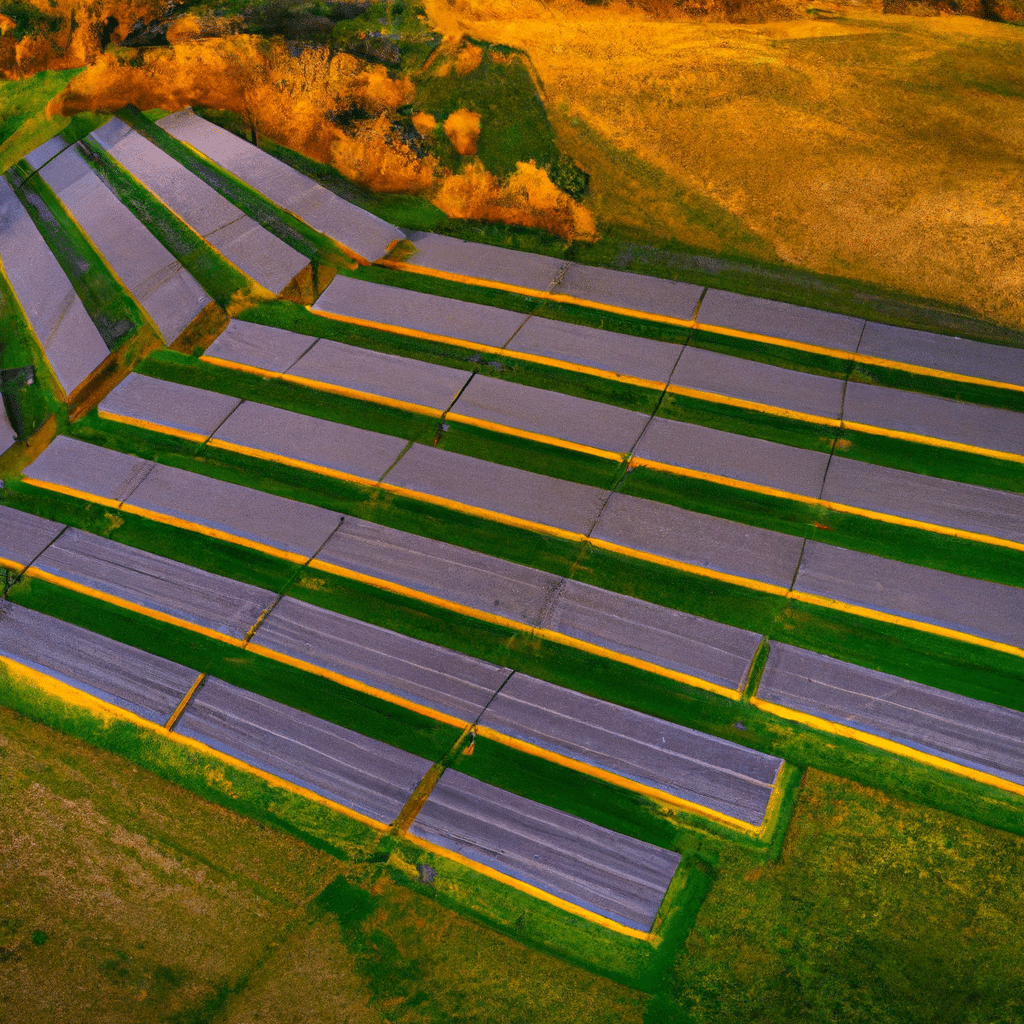In today’s interconnected world, the issue of global food security has become increasingly prominent. As the global population continues to grow, ensuring that everyone has access to safe and nutritious food is a paramount concern. While many factors contribute to food security, one area that often goes overlooked is the role of agricultural policies. In this article, we will explore the intricate connection between agricultural policies and global food security, shedding light on the impact these policies have on our collective wellbeing.
The Importance of Agricultural Policies
Agricultural policies play a crucial role in shaping the global food system. These policies encompass a wide range of measures, including subsidies, trade agreements, regulations, and research funding. Their primary objective is to ensure the stability and sustainability of agricultural production, which directly impacts the availability and affordability of food.
Subsidies: A Double-Edged Sword
One key aspect of agricultural policies is the provision of subsidies to farmers. While subsidies can provide much-needed support to agricultural communities, they also have unintended consequences. Subsidies often favor large-scale industrial farming, leading to the consolidation of farmland and the marginalization of small-scale farmers. This concentration of resources can hinder local food production and limit the diversity of crops, potentially compromising food security in the long run.
Trade Policies and Food Accessibility
Trade policies also play a significant role in determining global food security. International trade allows countries to access a diverse range of food products, even when local production is limited. However, trade agreements can sometimes prioritize the export of cash crops over staple food crops, leading to a heavy reliance on imports. Such dependency exposes countries to price fluctuations and supply chain disruptions, making them vulnerable to food shortages and price spikes.
Regulations and Food Safety
Another critical aspect of agricultural policies is the establishment of regulations to ensure food safety and quality. These regulations are intended to protect consumers from health risks and maintain public trust in the food system. However, regulatory frameworks can vary greatly across countries, leading to disparities in food safety standards. This can pose challenges in international trade and impact food security, as consumers may be hesitant to consume imported products due to concerns about their safety.
The Role of Research and Innovation
Investments in agricultural research and innovation are fundamental in addressing the challenges of global food security. By developing new technologies and sustainable farming practices, researchers can help increase productivity, reduce waste, and mitigate the environmental impact of agriculture. Moreover, research can contribute to the development of climate-resilient crops, ensuring food availability in the face of changing climatic conditions.
The Need for Collaboration and Policy Coherence
Achieving global food security requires a collective effort and policy coherence among nations. Cooperation on agricultural policies can help prevent trade imbalances, promote sustainable farming practices, and enhance food access and affordability. International organizations, such as the Food and Agriculture Organization (FAO), play a crucial role in facilitating dialogue and coordinating efforts to address food security challenges globally.
Conclusion
In conclusion, the connection between agricultural policies and global food security is undeniable. These policies influence various aspects of the food system, from production to trade and safety. By addressing the unintended consequences of subsidies, promoting fair trade practices, harmonizing regulations, and investing in research, we can work towards a more secure and sustainable food future for all. It is imperative that policymakers, researchers, and stakeholders collaborate to develop holistic solutions that prioritize the long-term well-being of both people and the planet. Together, we can build a resilient and inclusive food system that ensures food for thought and nourishment for all.
